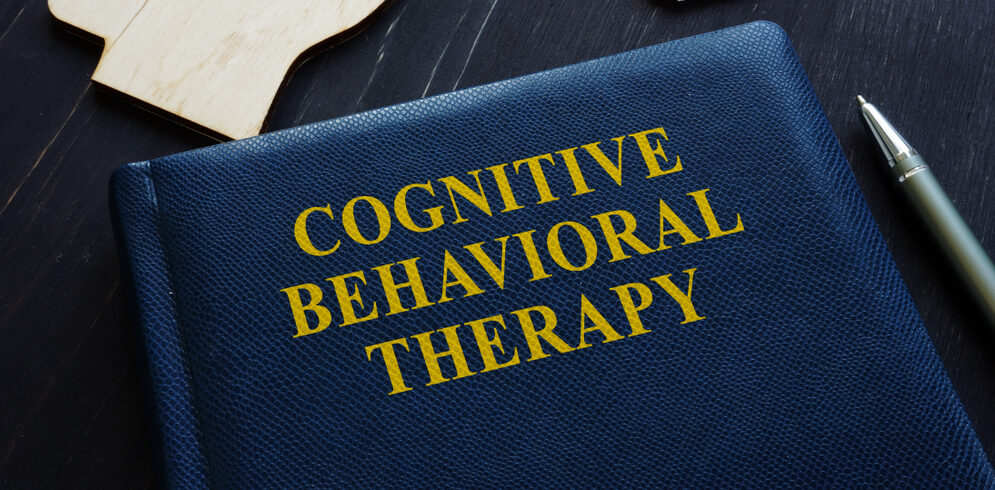Cognitive therapy is a relatively short-term form of psychotherapy based on the concept that the way we think about things affects how we feel emotionally. In cognitive therapy, a person focuses on present thinking, behavior, and communication rather than on past experiences. It is a therapeutic approach that is oriented toward problem solving, where with the help of a mental health professional, an individual in therapy is encouraged to identify unhealthy thought processes and work to change them. Cognitive behavioral therapy (CBT) relies equally on behavioral therapeutic techniques as it does cognitive. It can be difficult to compare the two types of therapy because they are very similar in their theory and application. When considering cognitive therapy vs cognitive behavioral therapy, the difference is in their approaches. While cognitive behavioral therapy does all the same things as cognitive therapy, it also targets behaviors.
Cognitive Behavioral Therapy
Cognitive behavioral therapy was developed in the 1960s by psychiatrist, Aaron Beck. It is a structured, short-term, goal-oriented form of psychotherapy. CBT is based on the notion that thoughts and behaviors influence feelings; therefore, shifting the way one thinks and reacts to situations can subsequently improve one’s emotional demeanor. Cognitive behavioral therapy focuses on specific problems and utilizes a goal-oriented approach. In CBT, a therapist will encourage his or her client to discuss his or her troubling thoughts and/ or feelings. The steps of CBT include the following, provided by Psychology Today:
- Identify troubling situations and/ or conditions in your life (e.g., divorce, a medical condition, anger, grief, etc.).
- Become aware of your emotions, thoughts, and beliefs connected to these troubling situations.
- Identify inaccurate and/ or negative thinking that may be contributing to your troubles.
- Reshape inaccurate and/ or negative thinking. To help facilitate this step, a therapist may encourage you to ask yourself if your view of the situation is based off an inaccurate perception of the situation or off facts.
The way CBT works is that through therapy, an individual will learn to understand that the way they behave has a direct correlation with their personal attitudes and emotional problems.
For Information and Support
Every family in need of mental health treatment must select a program that will best suit the needs of their family. When one member of a family struggles, it impacts everyone in the family unit. To maximize the benefits of treatment we work closely with the entire family to ensure that everyone is receiving the support they need through these difficult times. Seeking help is never easy, but you are not alone! If you or someone you know needs mental health treatment, we strongly encourage you to reach out for help as quickly as possible. It is not uncommon for many mental health difficulties to impact a person’s life, long term. Pursuing support at the beginning of one’s journey can put the individual in the best position to learn how to manage themselves in a healthy way so they can go on to live happy and fulfilling lives.
OUR KNOWLEDGEABLE ADMISSIONS TEAM CAN BE REACHED 24/7 AT INFO@PACIFICRTC.COM OR CALL: 800-531-5769






